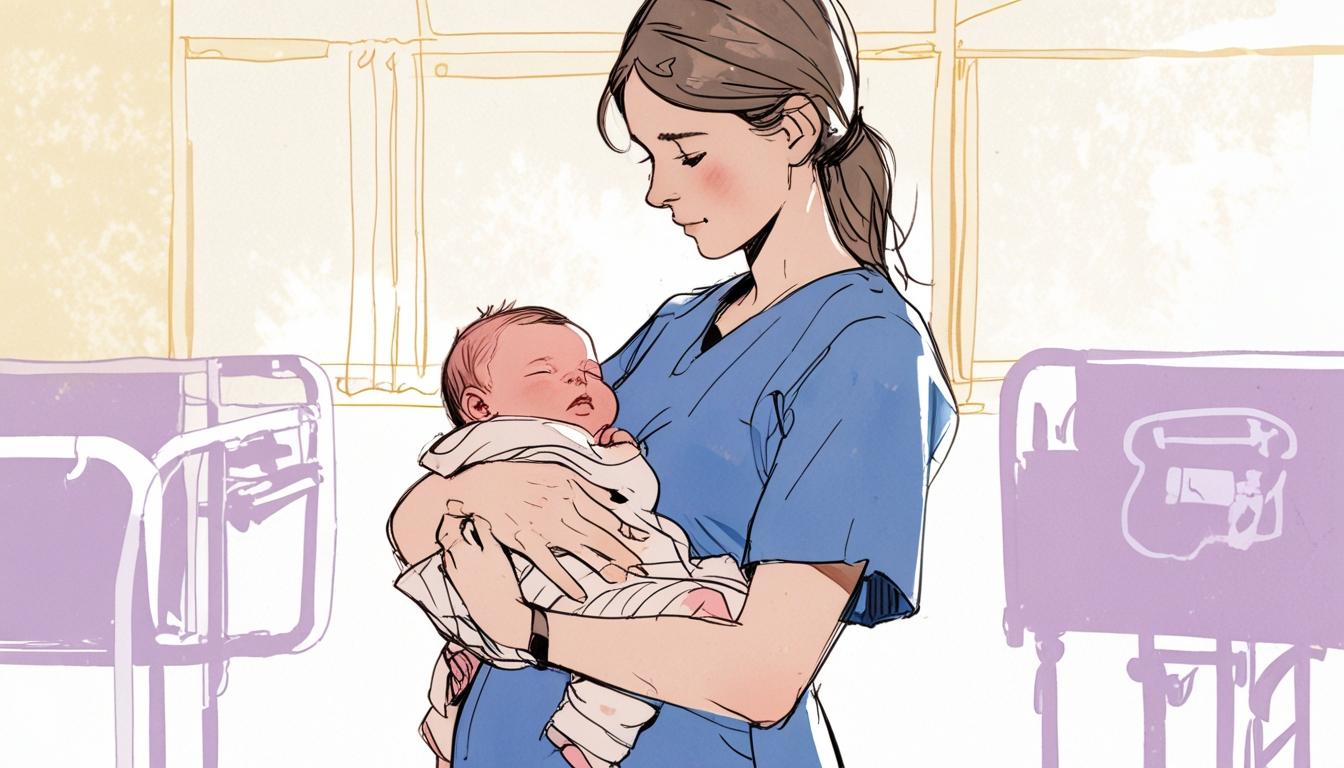The NHS finds itself in an escalating crisis, with clinical negligence claims spiraling out of control, particularly in maternity care, raising urgent calls for immediate reforms. Compensation payouts have soared to an alarming £2.8 billion in 2023-24, a stark increase from £2.6 billion the previous year. Maternity care alone accounted for £1.1 billion of this staggering total, highlighting the severe financial and human toll of systemic failings in a critical area of public health.
The public accounts committee has issued stark warnings about the government's handling of what they term "jaw-dropping" payouts. Sir Geoffrey Clifton-Brown, chair of the committee, underscored the severity of the situation, stating that clinical negligence funds represent the NHS's second-largest financial liability, falling short only of the costs associated with complex nuclear decommissioning projects. This reality should serve as a clarion call to the government, which seems to be unprepared and ill-equipped to devise a robust strategy to mitigate patient harm and reduce legal expenses—an exorbitant £545 million of last year’s compensation bill that demands serious scrutiny.
In just five years, NHS Resolution has coughed up over £12 billion in total payouts, with a staggering £2.4 billion swallowed by legal fees alone. Sir Geoffrey made a compelling argument that cutting these legal costs could redirect essential funds back into NHS services, potentially enhancing the standard of care provided. The recent statistics are stark: during just three months—October to December last year—the NHS recorded 4,076 incidents of severe harm and 4,449 patient deaths, painting a picture of an institution deeply in crisis.
Uncertainty is further compounded by the troubling plans to abolish NHS England, as raised by MPs, leaving both patients and healthcare professionals in limbo. Sir Geoffrey aptly likened the situation to "shifting the deck chairs on the Titanic," emphasizing the necessity for a definitive pathway to safeguard the future of the NHS.
The dire state of maternity services exacerbates the issue. Recent reports reveal that nearly half of all negligence claims in the NHS are tied to obstetric care, racking up an astonishing £5 billion in avoidable damages over the years. Chronic understaffing and inadequate training are significant contributors to these failures, with experts urgently calling for increased investment to bolster maternity services, mitigate the risk of claims, and elevate care standards.
Moreover, the staggering costs of negligence claims linked to birth injuries signal alarming oversight. A recent report indicates that the NHS has shelled out £4.1 billion over 11 years settling lawsuits for babies enduring serious birth injuries, making it abundantly clear that systemic improvements in maternity care are not just necessary—they are overdue.
As the NHS grapples with these overwhelming financial pressures, hospital administrators are forced into making painful choices, including staff cuts and the curtailing of vital services like emergency and maternity care. With financial strains projected to escalate in the coming years, it is essential that the Department of Health and Social Care takes immediate action to confront these urgent challenges. The committee's calls for a strategic, proactive approach couldn’t be more urgent, emphasizing the need to prioritize safe, effective patient care while tackling the burgeoning liabilities head-on.
In light of these critical developments, discussions about NHS reforms must be not only urgent but the focus of serious national dialogue. Stakeholders across the healthcare landscape are called to engage in constructive conversations aimed at crafting effective solutions that ensure quality care while grappling with fiscal responsibilities. Reducing patient harm and improving service delivery must remain paramount in any proposals put forth, enabling the NHS to realign itself with its core mission of safeguarding public health amidst growing governmental negligence.
Source: Noah Wire Services
